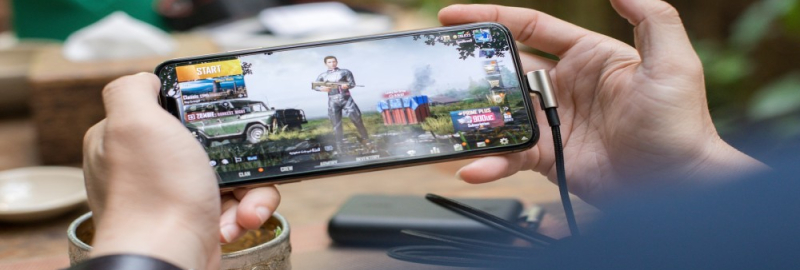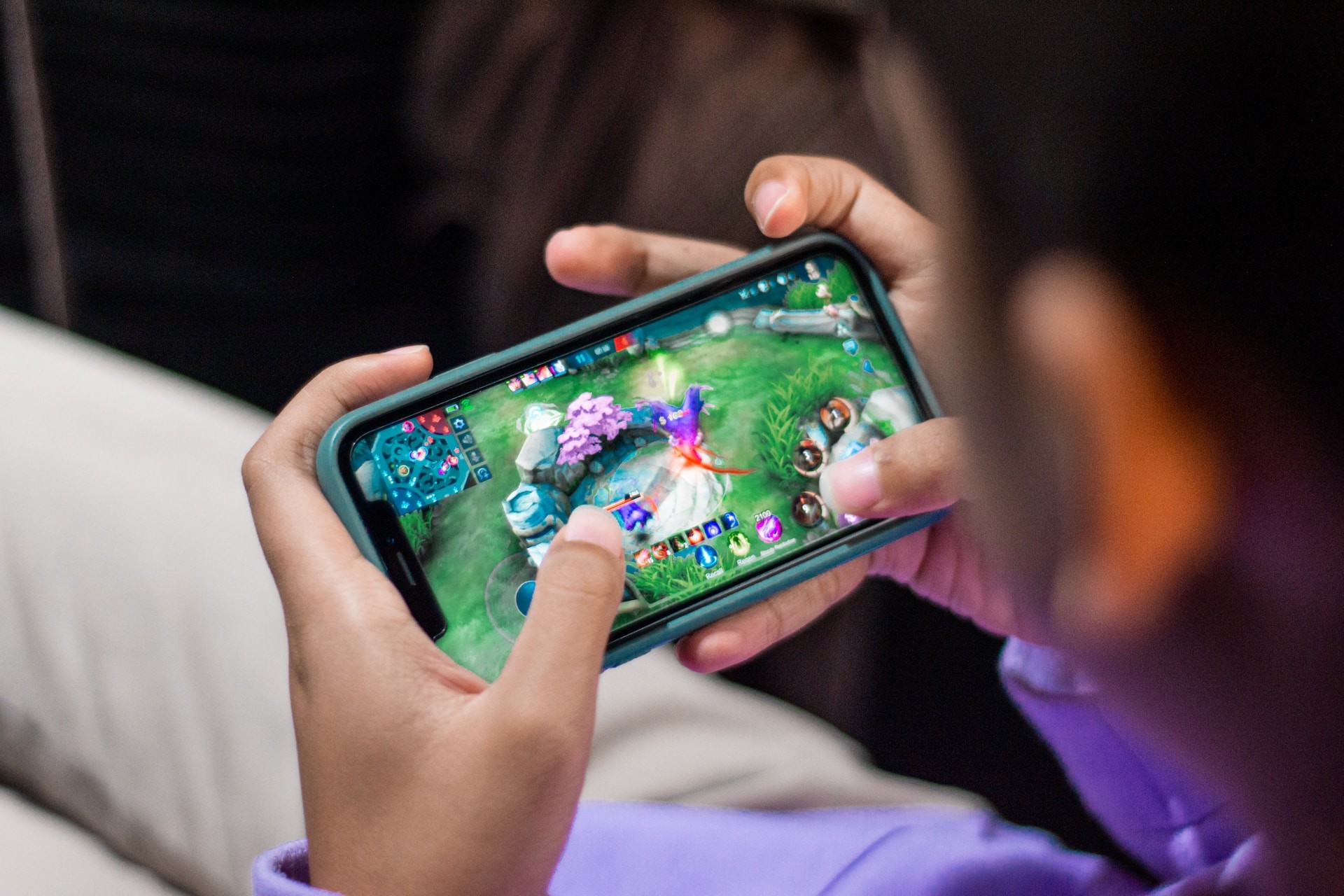
Over the last decade, mobile gaming has experienced an unprecedented surge, permeating virtually every aspect of our daily routines. The evolution from rudimentary games like 'Snake' to sophisticated, immersive experiences such as 'Fortnite' or 'Among Us' is a testament to the technological progress that has facilitated this gaming revolution. However, with this pervasive integration of mobile gaming into our lives, there has been a subsequent impact on how we interact socially. Understanding the nature of this impact, whether beneficial or detrimental, is imperative in this digital age.
Mobile games, by their very nature, are designed to be engaging and often addictive. They offer an escape from reality, a chance to immerse oneself in a different world - be it a fantasy realm, a sports simulation, or a strategic challenge. This immersive quality can be both a boon and a bane. It can foster connections and friendships, but can also lead to isolation and disruption of real-life social interactions.
Mobile Gaming: A Catalyst for Global Connections
.jpg)
On the positive side, mobile games have undeniably served as a catalyst for fostering global connections. Multiplayer games, in particular, have the ability to connect people across geographical boundaries, bringing together individuals who may not otherwise have had the chance to interact. The shared interest in a particular game creates a common ground, a mutual language that transcends cultural differences and geographical distances.
Popular games like 'PUBG Mobile', 'Clash Royale', and 'Minecraft' have dedicated communities of players from around the world. These communities often extend beyond the game itself, with players connecting on social media platforms, attending gaming conventions, and even forming lifelong friendships. In this aspect, mobile games have significantly broadened the scope of social interactions, providing a platform for global camaraderie and intercultural exchange.
Negative Impacts: Isolation and Disruption of Real-Life Social Interactions

However, the influence of mobile games on social interactions is not entirely rosy. The addictive nature of these games can often lead to social isolation, with players spending inordinate amounts of time engrossed in their virtual worlds, at the expense of real-life social interactions. This excessive immersion can lead to a breakdown in communication, strained relationships, and a general disconnection from the world around them.
Moreover, the online interactions that take place within the gaming environment often lack the depth and emotional nuance of face-to-face interactions. This can result in a distorted sense of social reality, where online personas and superficial connections replace meaningful relationships. In severe cases, this can contribute to feelings of loneliness, social anxiety and other mental health issues.
Striking a Balance: Healthy Gaming Habits

Given the double-edged nature of mobile gaming's impact on social interactions, striking a balance is crucial. This involves cultivating healthy gaming habits, such as setting time limits, taking regular breaks, and ensuring that gaming does not interfere with work, sleep or other essential activities. It also involves being mindful of the quality of online interactions, and not allowing virtual relationships to replace real-life connections.
Parents and educators also have a role to play in moderating the gaming habits of young people. This can be done through open dialogue about the potential risks and benefits of gaming, as well as providing guidance on responsible gaming practices. It's also beneficial to encourage other forms of social interaction, such as outdoor activities and face-to-face socializing, to ensure a well-rounded social experience.
Conclusion: The Future of Mobile Gaming and Social Interactions
The impact of mobile games on social interactions is a complex, multifaceted issue. On one hand, they offer exciting opportunities for global connections and intercultural exchange. On the other hand, they pose risks of social isolation and disruption of real-life social interactions. As mobile gaming continues to evolve, it's vital that we continue to explore this dynamic relationship and seek ways to maximize the benefits while mitigating the risks.
Ultimately, it's up to individual players, parents, educators, and society at large to strike a balance between virtual and real-world interactions, and to cultivate healthy, responsible gaming habits. As technology continues to advance, the world of mobile gaming will only continue to grow and impact our lives in ways we can't yet imagine.